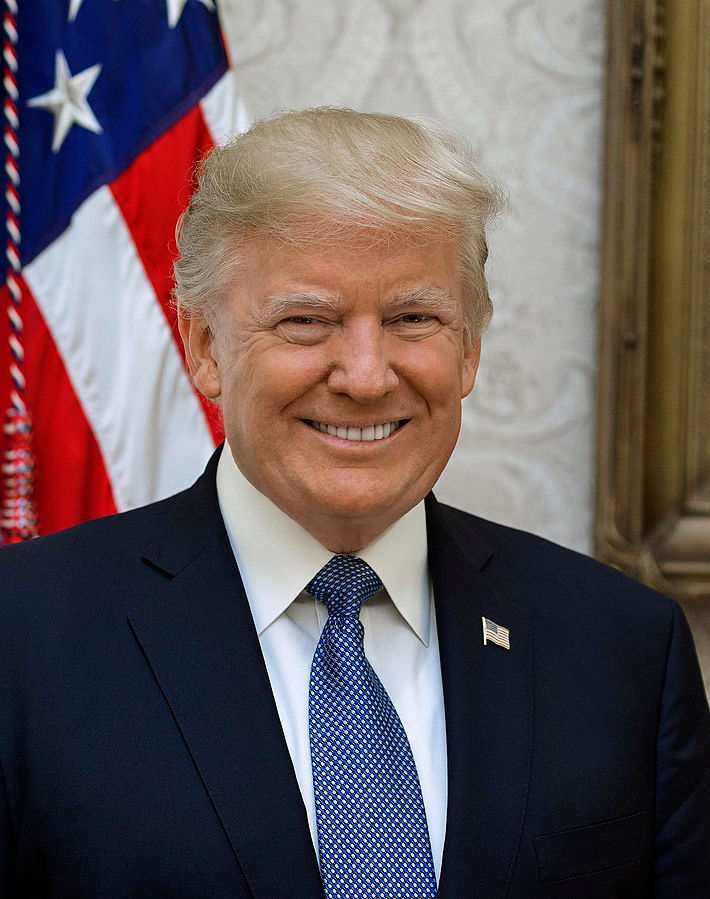The Opioid Crisis: Is it spreading to the UK?
- Neil Sardesai

- Oct 12, 2019
- 4 min read
Updated: Nov 8, 2020
The Opioid Crisis. While many British people have heard very little about it, the opioid crisis has plagued the United States for over 2 decades. Indeed, every day the opioid crisis claims over 130 lives, highlighting the danger of an unregulated and overreaching pharmaceutical industry.
The Opioid Epidemic began after the 1980s "War on Drugs", where the number of law enforcement agents was increased and prison capacity was expanded. As such, the market for illegal drugs collapsed, resulting in a greater demand for legal alternatives. Between 1996-2001, a huge American pharmaceutical company called Purdue Pharma held over 40 "pain management seminars" for healthcare professionals in idyllic destinations from Florida to California. In return for these all expenses paid trips, the medics were immersed in a promotional campaign about OxyContin as well as encouraged to prescribe them to their patients.
OxyContin was a new type of oral painkiller which contained oxycodone, an opioid-based substance related to morphine and hydrocodone. While painkillers this strong are usually used to ease cancer pain, Purdue Pharma began a mass advertisement campaign, lobbying the public to use it for chronic pain.
Purdue Pharma also opted to use the "drug dealer" sales strategy, giving coupons to doctors to allow patients to try the drugs for 30 days for free. While Oxycontin was marketed as having an incredibly small risk of addiction, less than 1%, it was actually highly addictive. As result of this false advertising, sales grew to almost $1.1 billion in 2000. Moreover, this addition was also incredibly dangerous as, not only did taking the drug itself result in health problems, but addiction to Oxycontin often results in addiction to heroin and other opioids, resulting in an increase in crime rates and fatal overdoses.
The effective legality of actions like those of Purdue Pharma's is an extremely controversial topic. In my opinion, the actions of Purdue Pharma were incredibly immoral. Despite their actions resulting in thousands of deaths, they were only fined $634.5 million despite the Sackler family making an estimated $13 billion from the drug. I would contend that this means the American legal system is currently flawed as, since executives are not criminally liable for pushing addictive drugs, fines for breaking regulations can simply be offset by selling the medications at a higher price.

This national disaster was then made worse with new forms of opioids such as synthetic opioids like fentanyl and other common opioid painkillers such as Percocet. As a result, the opioid epidemic has now got a higher death toll than US military casualties in both Vietnam and Iraq. Indeed, in both 2015 and 2016, life expectancy in the US dropped, the first time that has happened since the 1960s.
In some ways, doctors were justified in prescribing these opioid-based substances over the last 25 years. This is because, according to the Centre for Disease Control, 50 million US adults suffered from chronic pain in 2016. As such, they were under incredible pressure from the US government and pharmaceutical funded lobbying groups to solve this problem. Opioids also provided an easy answer to 'solving' problems without using too many resources. However, while some doctors correctly balanced the benefits of reducing pain with alternative treatments, such as physical exercises, acupuncture and self-management techniques, some did not. Some even went as far as to give away or sell opioids for completely unethical reasons.
The political will to fight this epidemic is essential to protecting the health of America, and at the moment it is incredibly strong. On the 6th September, President Donald Trump of the United States proclaimed an Opioid Crisis Awareness week, encouraging US citizens and the world alike to educate themselves on the dangers of prescription opioids. He also outlined the actions that his administration will take to fight the opioid epidemic, including $1.8 billion in funding and plans to cut the flow of illegal drugs across the Mexican border.

While it is true that provisional data shows that President Trump's actions have had a positive impact, with the campaign reaching 58% of young adults in the United States and overdose deaths declining for the first time since 1990, there are concerns that repealing the Affordable Care Act (also known as Obamacare) will cause all sorts of problems. The biggest concern is that it will increase the costs of treatment programs (as fewer people will have health insurance) making the programs much less affordable.
The Health Resources & Services Administration (the federal agency responsible for improving access to healthcare in the USA) has unveiled a variety of different measures to combat the epidemic ranging from running programs through primary care facilities such as community health centres to using telehealth to support those in rural communities.
While up to now, this crisis has been mostly restricted to the United States, there are fears that it will spread to the UK. According to Public Health England, nearly 12 million people are currently taking prescription drugs for pain, depression or insomnia. This was largely instigated following the Defeat Depression campaign in the 1990s, GPs were strongly encouraged to put people onto antidepressants, resulting in addictions today. Additionally, drug companies are also starting to lobby the NHS more aggressively to promote and encourage the use of opioid-based drugs. Indeed, the UK has the 3rd fastest-growing rates of opioid use in the world, leading experts to fear that the UK will have a crisis like the US.
To conclude, the UK must be very careful not to be complacent and allow the current situation to escalate into a crisis like in the US. As such, I would say that the UK government should increase training for GPs as well as the general public in the risks of taking painkillers for extended periods of time. Furthermore, I would also say that the United States should increase its regulation on the pharmaceutical industry to mirror that of countries like the UK. As such, the risk of false claims and aggressive marketing techniques can be reduced.
Sources:



Comments